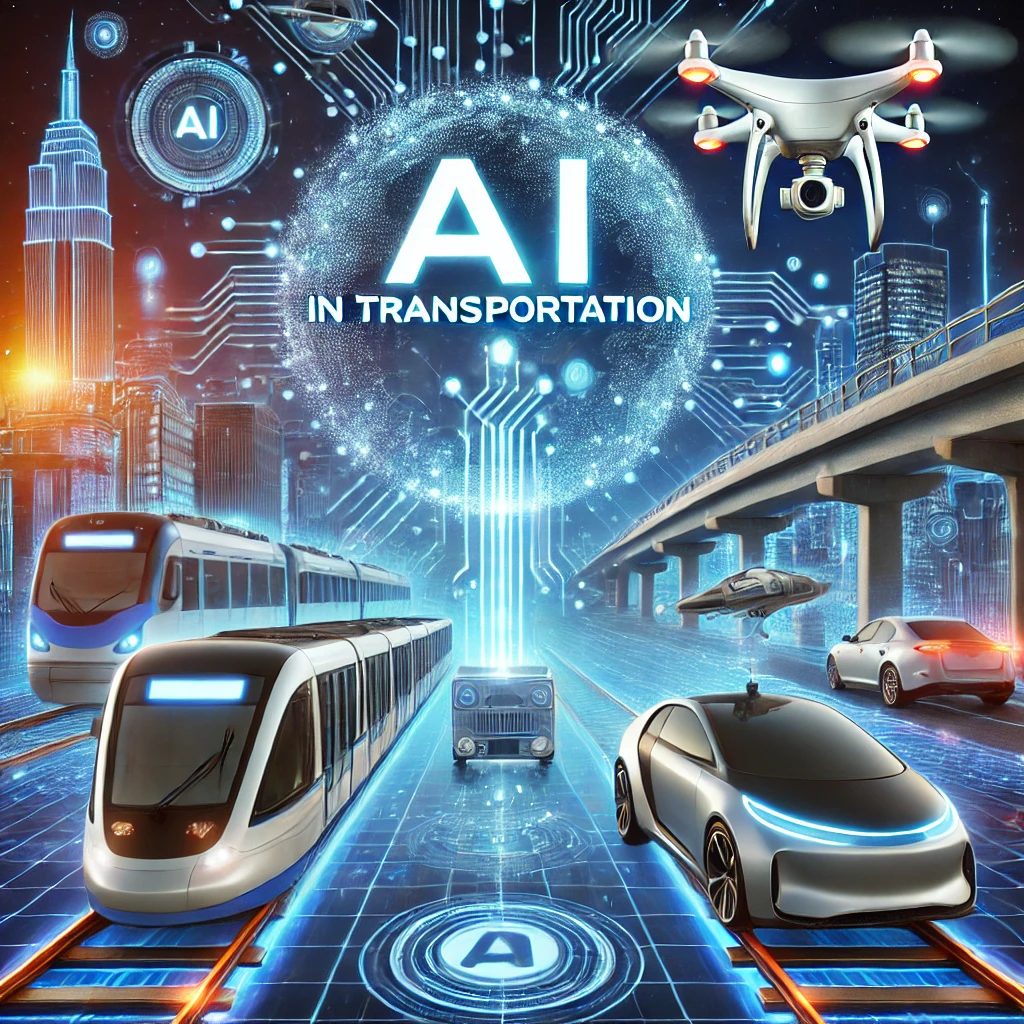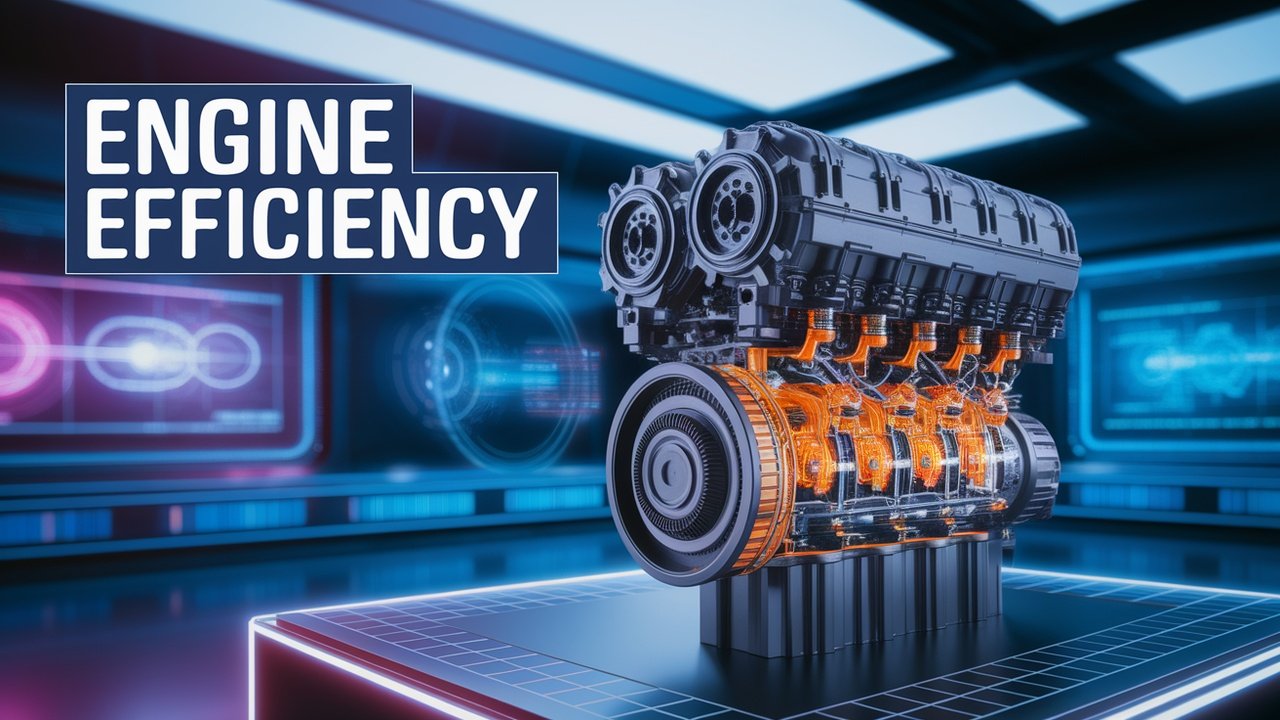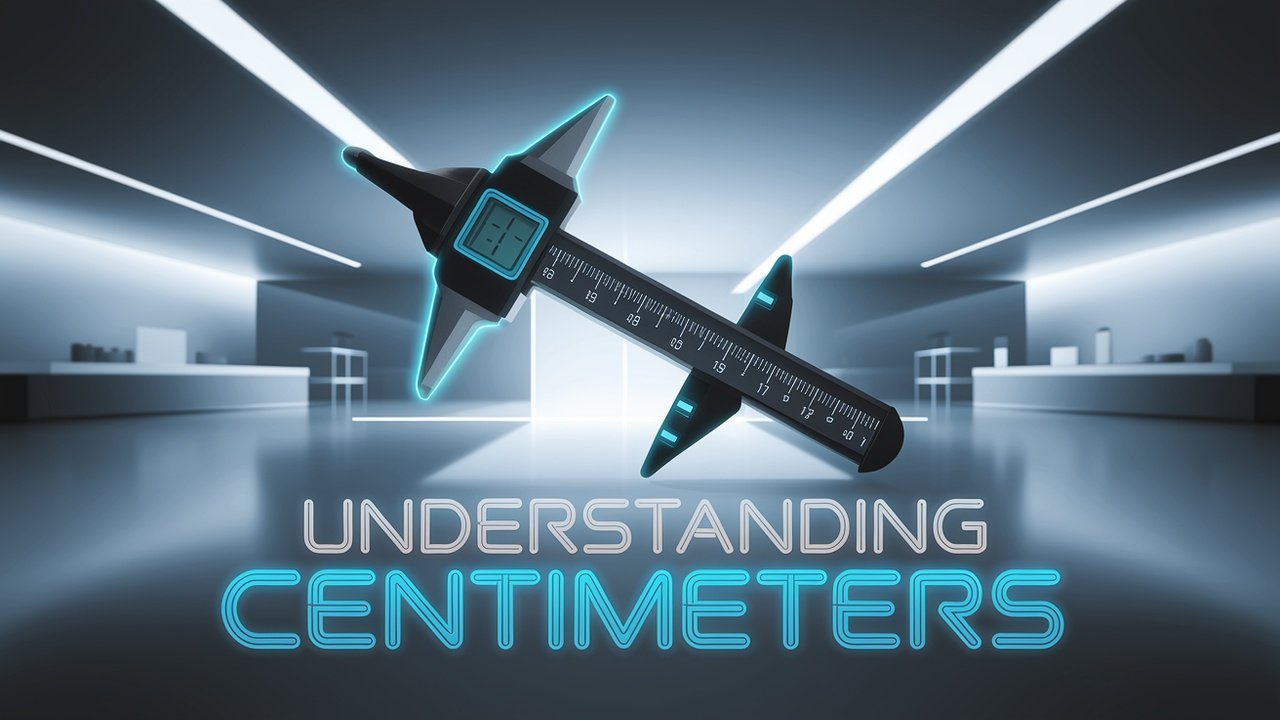AI Revolution 2025: How Artificial Intelligence is Transforming the World

Introduction
Artificial Intelligence (AI) is no longer a futuristic concept; it has become an integral part of our daily lives. From smart assistants to self-driving cars, AI is revolutionizing industries worldwide.
In 2025, AI is advancing at an unprecedented rate, enhancing efficiency, productivity, and decision-making across various sectors. This article explores the latest AI developments, their impact on different industries, and what the future holds for AI-powered innovation.
AI in Healthcare

Healthcare is one of the most promising areas where AI is making a significant impact. AI-powered diagnostic tools are helping doctors detect diseases such as cancer, Alzheimer’s, and cardiovascular conditions earlier and more accurately.
Machine learning algorithms analyze medical data to recommend personalized treatment plans, improving patient outcomes.
AI-driven robotic surgeries are becoming more prevalent, ensuring precision and minimizing surgical risks. Telemedicine, powered by AI chatbots and virtual Artificial Intelligence consultations, is making healthcare more accessible, allowing patients to receive expert medical advice remotely.
Additionally, AI in drug discovery is accelerating the development of new medications, significantly reducing research timelines and costs.
AI in Finance

The financial sector is undergoing a massive transformation due to AI-driven solutions. AI-powered trading systems analyze vast amounts of data in real time, helping investors make informed decisions.
Automated risk assessment tools enhance security and detect fraudulent transactions, reducing financial crimes such as money laundering.
Chatbots and virtual assistants are improving customer Artificial Intelligence service by handling inquiries, processing transactions, and offering financial advice. Robo-advisors use AI to personalize investment strategies, making wealth management more accessible to individuals.
AI also enhances credit scoring models, providing more accurate lending assessments for banks and financial institutions.
AI in Education

Education is evolving with AI-driven tools that enhance learning experiences. AI-powered platforms offer personalized education by adapting lessons to students’ learning styles and paces.
Intelligent tutoring systems provide real-time feedback and support, making learning more interactive and effective.
Automated grading systems reduce teachers’ workload, allowing Artificial Intelligence them to focus on instruction rather than administrative tasks. AI-driven predictive analytics help schools and universities identify struggling students early, enabling timely intervention.
Virtual reality (VR) and AI-powered simulations are also enhancing practical learning, especially in fields such as medicine, engineering, and aviation.
AI in Business and Automation

AI is reshaping businesses by automating repetitive tasks and improving efficiency. AI-powered chatbots and virtual assistants handle customer inquiries, providing instant responses and reducing the need for human intervention.
Businesses use AI for data analytics, gaining insights into customer behavior, market trends, and operational performance.
Supply chain management is also benefiting from AI-driven Artificial Intelligence predictive analytics, optimizing logistics, inventory management, and demand forecasting. AI-powered automation in manufacturing ensures precision, reduces waste, and increases production efficiency.
Additionally, AI-driven cybersecurity solutions protect businesses from data breaches, cyber threats, and fraudulent activities.
AI in Transportation

The transportation sector is experiencing a significant AI-driven transformation. Self-driving cars, powered by AI and machine learning, are becoming more sophisticated, promising safer and more efficient travel.
AI-powered traffic management systems analyze real-time data to reduce congestion and optimize routes, improving urban mobility.
Airlines and logistics companies use AI for predictive maintenance, minimizing delays and enhancing safety. AI-powered drones are being deployed for delivery services, disaster response, and surveillance.
With AI’s continuous advancements, the future of transportation will be more autonomous, efficient, and environmentally friendly.
AI in Entertainment and Media
The entertainment industry is leveraging AI to create more engaging and personalized experiences. Streaming platforms like Netflix and Spotify use AI-driven algorithms to recommend content based on user preferences.
AI-generated content, including music, movies, and video games, is becoming more prevalent, expanding creative possibilities.
Deepfake technology, while controversial, is advancing AI-powered video editing, allowing filmmakers to create hyper-realistic scenes. AI-driven voice assistants and chatbots enhance audience engagement in social media and gaming.
The rise of AI-generated influencers and virtual characters is also redefining the digital entertainment landscape.
AI in Retail and E-commerce
Retailers are utilizing AI to enhance customer experiences and optimize operations. AI-powered recommendation engines analyze customer preferences and browsing behavior to provide personalized shopping experiences.
Chatbots and virtual shopping assistants help customers find products, answer inquiries, and streamline the purchasing process.
AI-driven inventory management ensures better stock control, reducing overstock and shortages. Smart checkout systems, powered by AI and computer vision, enable seamless, cashier-less shopping experiences.
AI-powered pricing algorithms adjust prices dynamically based on demand, competition, and customer behavior.
Ethical and Regulatory Challenges of AI
Despite its transformative potential, AI presents ethical and regulatory challenges. Data privacy concerns, algorithmic biases, and the displacement of human jobs are critical issues that need to be addressed.
Governments and organizations are working on AI regulations to ensure transparency, fairness, and accountability in AI applications.
Ensuring AI’s responsible development requires ethical AI principles, unbiased training data, and human oversight. Companies investing in AI must prioritize data security, user privacy, and fair decision-making processes to build trust and mitigate risks.
The Future of AI
The future of AI looks promising, with breakthroughs in deep learning, quantum computing, and AI-human collaboration. AI will continue to revolutionize industries, driving innovation and efficiency.
The integration of AI with the Internet of Things (IoT), blockchain, and 5G technology will further enhance AI’s capabilities and real-world applications.
As AI continues to evolve, addressing ethical concerns, regulatory challenges, and workforce adaptations will be crucial. By embracing responsible AI development, society can harness AI’s full potential while ensuring inclusivity, fairness, and sustainability.
Conclusion
AI is shaping the future of industries, bringing efficiency, innovation, and automation to various sectors. From healthcare to finance, education to entertainment, AI’s impact is undeniable.
While challenges exist, the continued advancement of AI presents limitless possibilities for transforming businesses and improving lives. By leveraging AI responsibly and ethically, we can unlock its full potential for a smarter, more connected, and sustainable future.







